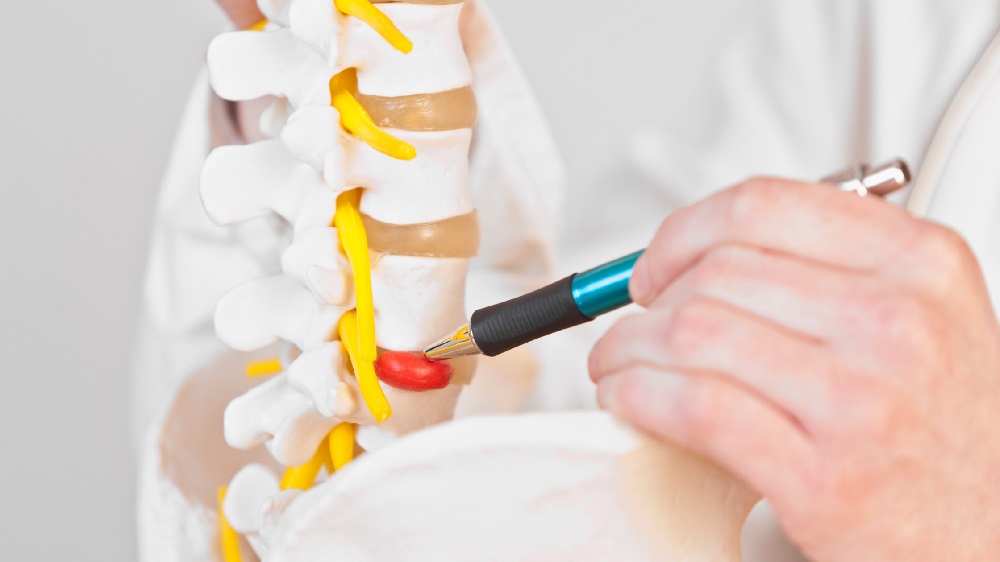
What Are The Difference Between Bulged Disk And Herniated Disk
Sometimes, if anyone suffers from neck pain or back pain, they assume that these are due to a bulging disk or herniated disk. The most common term to describe a bulging disk is ‘slipped disk’, while the herniated disk is ‘ruptured disk’. In medical treatment, these terms are used interchangeably to describe a similar condition. Most people also ask for Herniated discs over nerves. Is it curable (หมอน รอง กระดูก ทับ เส้น ประสาท รักษา หาย ไหม; which is the term in Thai)?. But in reality, both spine ailments are different. Let’s read the article till its end to know what bulging disk and herniated disk are and what the differences between them.
What Is Bulging Disc
As people age, the outer layer of their discs bulges into the spinal canal. It occurs when the disc remains intact, and mucoprotein gets leaked out. Even with no rupture or rear outside the annals layer, it can cause significant pain and dysfunction just because the disc gets put from its standard shape, balance and height. If the condition stays untreated, it can herniate over time.
What Is Herniated Disc
The Herniated Disc refers to the injury in the backbone. There are several bones in the spine that start from the skull and end at the tailbone. In that case, the discs are generally seen as round cushions between your vertebrae. The discs allow people to bend and move quickly. If one of those bones tears or breaks, the condition is called a herniated disk.
Difference Between Bulging Disk And Herniated Disk
The significant difference between a bulging disk and herniated disk is that the bulging doesn’t affect the entire disk perimeter but at least a quarter of the disk. It only involves the outer layer of tough cartilage. On the other hand, when the outer layer of tough cartilage is affected resulting in the inner soft cartilage protrudes out from the disk. In Herniated disk, the whole disk doesn’t rupture or slip, only affecting a small crack area.
While the herniated disk generally produces more pain than the bulging disk. The herniated disk causes pain as it irritates the nerve roots and creates painful inflammation for the nerve roots. In case the imaging test indicates that you are suffering from a herniated disk, then don’t assume this is the leading cause of your back pain.
Conclusion
Hopefully, you have understood the difference between herniated disk and a bulging disk. If you are diagnosed with a bulging disk or herniated disk issue, the physician might suggest you stay at rest and take proper medication to manage yourself.


